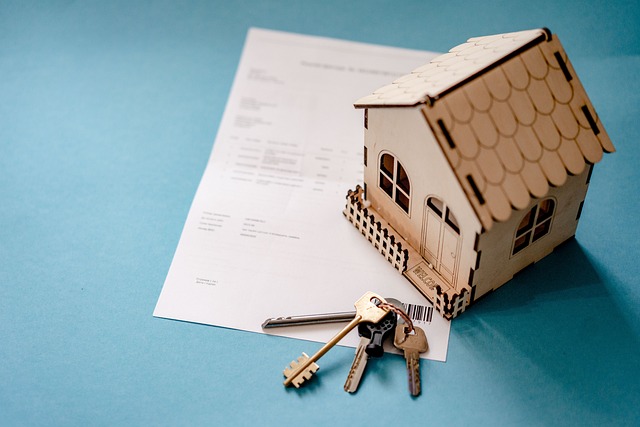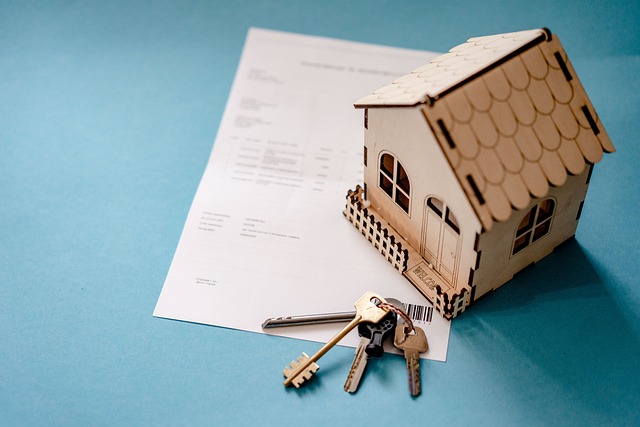Introduction
In today’s fast-paced world, financial flexibility is essential to meet various life goals, whether it’s expanding your business, funding education, or handling medical emergencies. One avenue that offers such flexibility is taking a loan against your property. This article dives deep into the concept of a loan against property, exploring its benefits, eligibility criteria, application process, and more.
Table of Contents
Understanding Loan Against Property
What is a Loan Against Property (LAP)?
A Loan Against Property (LAP) is a type of secured loan that enables you to borrow funds based on the market value of your property. Whether it’s a residential or commercial property, it acts as collateral, offering lenders security while granting borrowers access to significant financial resources.

How Does it Work?
When you apply for a Loan Against Property (LAP), the lender assesses your property’s value and approves a loan amount based on a portion of that value. This safeguards the lender’s ability to recuperate the loan by selling the property if you default. Due to the lower risk involved, LAP interest rates are typically more affordable than those of unsecured loans.
Benefits of Opting for a Loan Against Property
1. Lower Interest Rates
In comparison to personal loans or credit cards, a Loan Against Property (LAP) stands out with substantially lower interest rates, primarily due to its secured nature. This distinct feature has the potential to result in significant interest savings over the entire duration of the loan.
2. High Loan Amounts
A Loan Against Property (LAP) offers the advantage of accessing a substantial amount of funds, making it an ideal solution for addressing major financial needs. Whether it’s financing higher education aspirations or fueling the expansion of a business venture, this option proves to be highly beneficial. The ability to secure a significant loan amount through Loan Against Property opens avenues for realizing ambitious goals and aspirations.
3. Longer Repayment Tenures
One of the advantages of a Loan Against Property (LAP) is its typically extended repayment tenure compared to unsecured loans. This longer timeframe offers you enhanced flexibility in managing your repayments, making the loan journey more comfortable and accommodating to your financial circumstances.
4. Multiple End-use Options
Distinguishing itself from loans designed for specific purposes, funds obtained through a Loan Against Property (LAP) can be utilized for a wide range of needs. Whether it’s consolidating debts or addressing unexpected medical emergencies, Loan Against Property offers a versatile borrowing option that adapts to diverse financial requirements.

Eligibility and Application Process
Eligibility Criteria
To qualify for a Loan Against Property (LAP), the typical prerequisites include property ownership and a demonstrated stable source of income. Before granting approval, lenders evaluate your ability to repay the loan, ensuring that you possess the financial capacity to meet the repayment obligations.
Application Process
- Document Collection: Gather property documents, income proofs, and identity/address proofs.
- Application Submission: Submit the required documents along with the loan application form.
- Property Valuation: The lender evaluates your property’s value and determines the loan amount.
- Loan Sanction: Upon successful evaluation, the loan amount is sanctioned, and the terms are communicated.
- Documentation and Disbursement: Complete the necessary documentation, and the loan amount is disbursed to your account.
Ensuring Successful Approval and Utilization
1. Maintain Good Credit Score
A strong credit score plays a pivotal role in bolstering your financial credibility and significantly heightening the likelihood of securing loan approval. Lenders consider a favorable credit history as a testament to your responsible financial behavior, indicating your reliability in repaying debts. By consistently managing your credit obligations and ensuring timely payments, you not only strengthen your financial reputation but also open doors to more favorable borrowing terms and opportunities for a Loan Against Property (LAP) and other credit facilities.
2. Accurate Valuation of Property
It is imperative to ensure the precise valuation of your property to maximize the potential loan amount available to you. Accurate property valuation forms the foundation for determining the loan quantum you can secure through a Loan Against Property (LAP). By obtaining a reliable and thorough property valuation, you position yourself to leverage the true value of your asset, enabling you to access substantial funds to meet your financial needs effectively.
3. Transparent Financial History
Fostering trust with the lender begins with maintaining transparency regarding your financial history. This entails openly disclosing details about any existing loans, financial commitments, and credit obligations. By providing a comprehensive view of your financial standing, you not only demonstrate your integrity but also facilitate a more informed decision-making process for the lender. A transparent approach enhances your credibility and increases the lender’s confidence in your ability to manage additional financial responsibilities, contributing positively to your Loan Against Property (LAP) application process.
Conclusion
A Loan Against Property empowers you to leverage the value of your property for various financial needs. Its lower interest rates, high loan amounts, and flexible repayment options make it an attractive choice. However, it’s crucial to approach this financial tool responsibly, ensuring timely repayments to retain ownership of your property.
FAQs (Frequently Asked Questions)
Can I still use my property if I’ve taken a loan against it?
Yes, you can continue using the property while repaying the loan.
What is the maximum loan amount I can get?
The loan amount depends on your property’s value and your repayment capacity.
Is it better to opt for LAP or a personal loan?
LAP generally offers lower interest rates, making it a more cost-effective option.
Can I prepay the loan? Are there any charges?
Yes, you can prepay the loan, and charges may vary depending on the lender.
Is there a difference between LAP for residential and commercial properties?
The eligibility criteria and loan-to-value ratio might vary between residential and commercial properties.
Discover more in our ‘Article‘ section. Uncover valuable insights to enhance your financial know-how. Happy reading!

Mariant